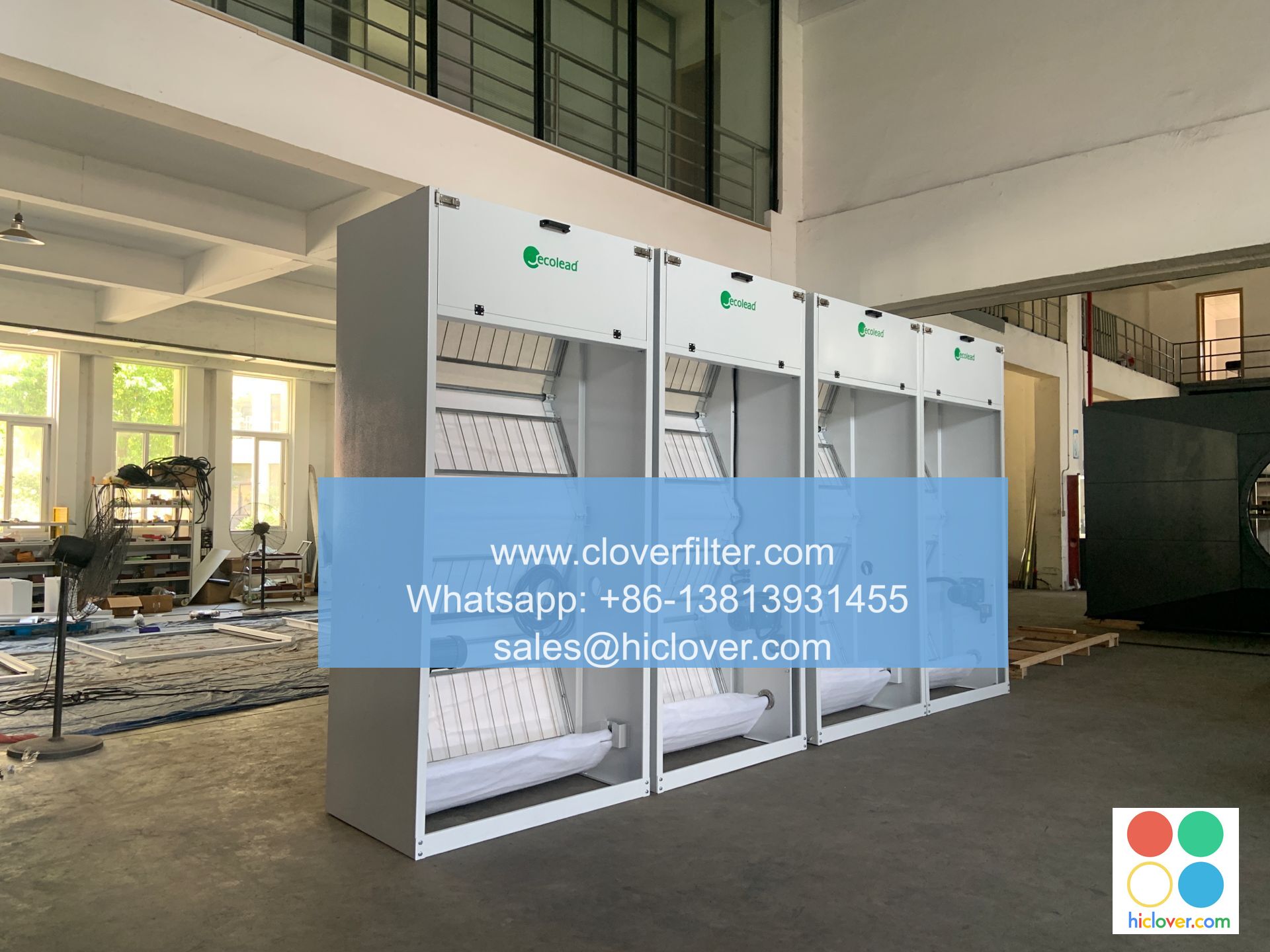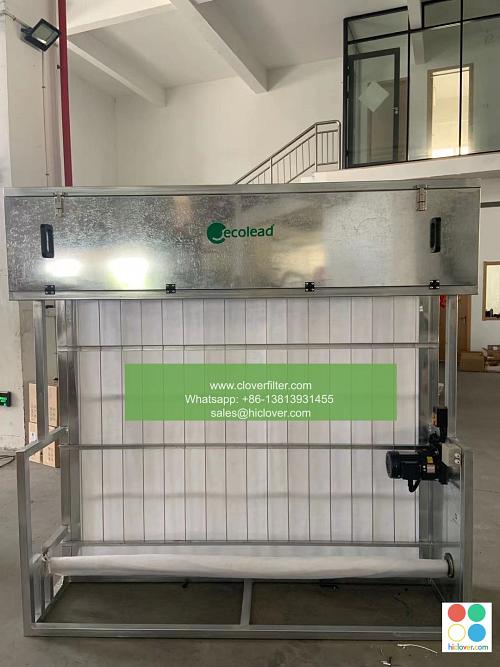The Benefits of Ultraviolet (UV) Air Filters for Medical Use

The use of Ultraviolet (UV) air filters in medical settings has gained significant attention in recent years due to their ability to provide a high level of **air purification** and **infection control**. These filters utilize **UV-C light**, which is a specific range of ultraviolet light that is known to be effective in **killing bacteria**, **viruses**, and **other microorganisms**. In this article, we will explore the benefits of UV air filters for medical use, highlighting their various **application areas** and **advantages**.
Benefits of UV Air Filters in Medical Settings
UV air filters offer several benefits in medical settings, including:
* **Improved Air Quality**: UV air filters can remove **99.9% of airborne pathogens**, including **influenza**, **tuberculosis**, and **norovirus**, providing a safer environment for patients and healthcare workers.
* **Reduced Risk of Infection**: By **killing airborne bacteria and viruses**, UV air filters can reduce the risk of **hospital-acquired infections (HAIs)** and **surgical site infections (SSIs)**.
* **Increased Patient Safety**: UV air filters can be used to create **sterile environments** for **surgical procedures**, **laboratory testing**, and **patient care**, reducing the risk of **infection transmission**.
* **Energy Efficiency**: UV air filters are often more **energy-efficient** than traditional air filtration systems, making them a cost-effective solution for medical facilities.
Application Areas for UV Air Filters in Medical Use
UV air filters have a wide range of applications in medical settings, including:
* **Operating Rooms**: UV air filters can be used to create a **sterile environment** for **surgical procedures**, reducing the risk of **SSIs**.
* **Patient Rooms**: UV air filters can be used to improve **air quality** and reduce the risk of **HAIs** in patient rooms.
* **Laboratories**: UV air filters can be used to create a **sterile environment** for **laboratory testing**, reducing the risk of **contamination**.
* **Isolation Rooms**: UV air filters can be used to create a **negative pressure environment** for **isolation rooms**, reducing the risk of **infection transmission**.
Advantages of UV Air Filters over Traditional Air Filtration Systems
UV air filters have several advantages over traditional air filtration systems, including:
* **Higher Efficacy**: UV air filters can remove **99.9% of airborne pathogens**, while traditional air filtration systems may only remove **90-95%**.
* **Lower Maintenance**: UV air filters require **less maintenance** than traditional air filtration systems, as they do not need to be replaced as frequently.
* **Energy Efficiency**: UV air filters are often more **energy-efficient** than traditional air filtration systems, making them a cost-effective solution for medical facilities.
* **Compact Design**: UV air filters have a **compact design**, making them easy to install and integrate into existing **HVAC systems**.
Conclusion
In conclusion, UV air filters are a highly effective solution for **air purification** and **infection control** in medical settings. Their ability to **kill airborne bacteria and viruses** makes them an essential tool for **improving air quality** and **reducing the risk of infection transmission**. With their **high efficacy**, **low maintenance**, and **energy efficiency**, UV air filters are an attractive solution for medical facilities looking to improve **patient safety** and **reduce healthcare costs**. As the use of UV air filters continues to grow in the medical industry, it is likely that we will see a significant reduction in **HAIs** and **SSIs**, ultimately leading to better health outcomes for patients. Prompt

